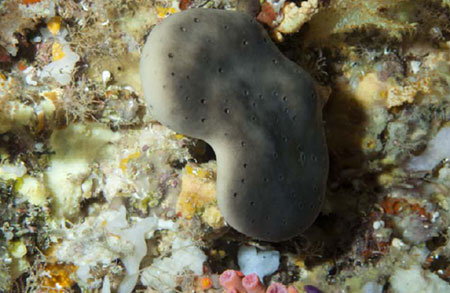An international study desvela how act the drugs antitumorales to molecular level
5 February 2013

An international study in which it has participated the Upper Council of Scientific Investigations (
The agents stabilisers of microtubules constitute one of the main groups of drugs antitumorales that exist nowadays. This type of drugs applies in numerous pathologies tumorales feminine, as in the tumors of ovary and breast, as well as in the tumors of lung.
“This type of drugs antitumorales active the molecules of tubulin, the responsible protein of the separation of the chromosomes, and stabilises the microtubules that forms so that they can not divide the cells”, explains the researcher of the CSIC Fernando Díaz, of the Centre of Biological Investigations.
Zampanolida
The responsible researchers of the study have attained to determine the structure in high resolution of the complex activated of tubulin by means of a new compound antitumoral, Zampanolida, isolated of a sponge of the Big Barrier of Australian Choral.
“This structure to big resolution will allow to know in detail the determinantes structural that these compounds use to activate the tubulin in the cells tumorales. This will allow to improve the design of drugs, especially against those resistant tumors to the agents quimioterapéuticos into use at present”, adds Díaz.
In the study have participated the Institute Paul Scherrer of Villigen (Switzerland), the Institute of Pharmaceutical Sciences of the Federal Institute of Swiss Technology, the University of Wellington (New Zealand) and of the Centre of Biological Investigations of the CSIC.








































